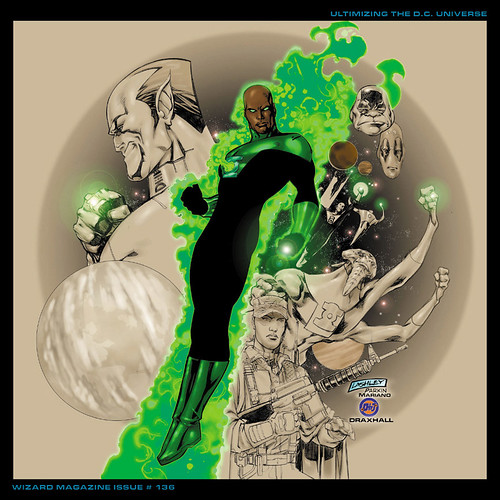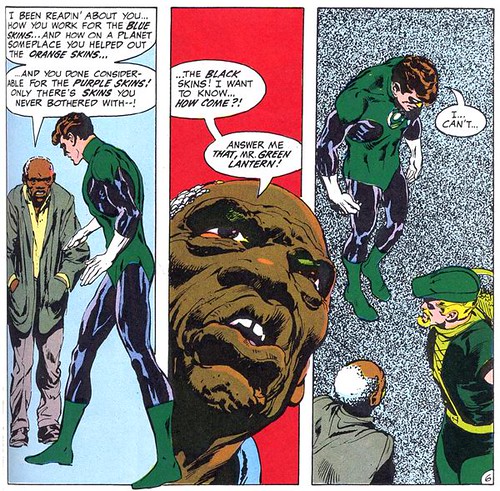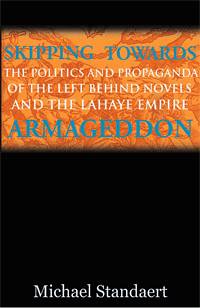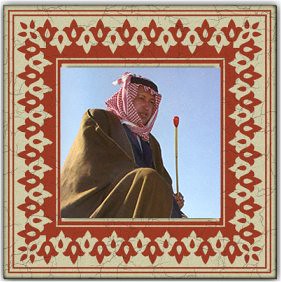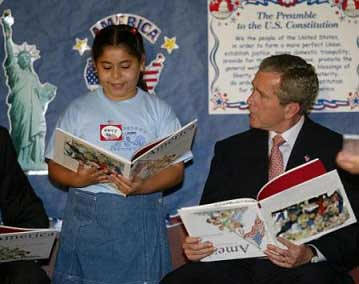At first, I was just looking around on YouTube and came across Richard Pryor doing a "Black President" sketch for his short-lived television series but very quickly many other examples sprang to mind.
Dave Chappelle: Black President Bush
Dave Chappelle: If Deep Impact kept it real (Dave as Morgan Freeman as the President)
Dave Chappelle: Wyclef's If I was President
Wyclef's Video: If I was President
In 1964, Irving Wallace published a novel called "The Man" about the first Black president of the United States. The book was later on made into a film with James Earl Jones as the lead. The screenplay was written by Rod Serling who is most famous as the creator of the Twilight Zone. (I'll try not to read too much into that). Of course the main character isn't actually elected as President. Instead he was elected to the Senate (and becomes President Pro Tempore) but after the first couple of people in the Presidential order of succession either die or become incapacitated he becomes the next person in line.
More recently we have also have Dennis Haysbert's portrayal of Black President, David Palmer on the popular series 24.
The last two examples are the most realistic and emphasize the complex set of challenges and obstacles which would face a Black man who fills "the most powerful office on the planet". The earlier examples are more imaginative than realistic and (with the exception of Black Bush) I would argue that the Black President idea is used as a vehicle to express a certain utopian vision.
An example which is both absolutely realistic and totally hilarious is the Onion piece: Zambia Elects Black President
Although strictly speaking, not on Black Presidents, there are also some poignant examples of criticizing the current president in terms of his policies towards the Black community among others:
Pink - Dear Mr. President
George Bush Don't Like Black People (Remix)
More later. In part two I'll want to bring in discussions of some of the real live candidates for the position of Black president: Barack Hussein Obama, Shirley Chisolm, Eldridge Cleaver, Lenora Fulani, Jesse Jackson, Al Sharpton, et alia.



